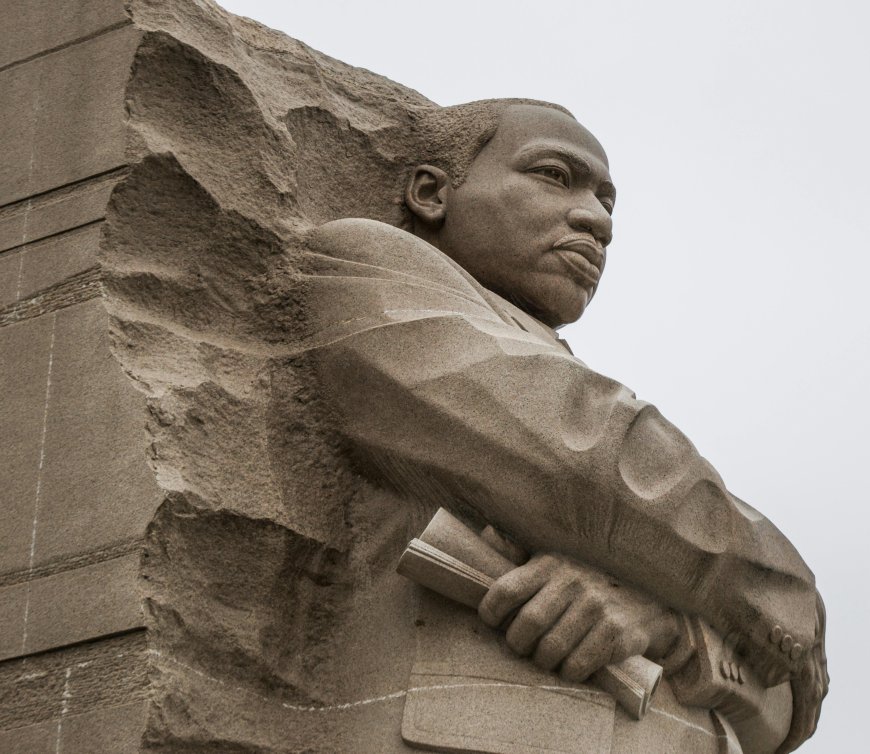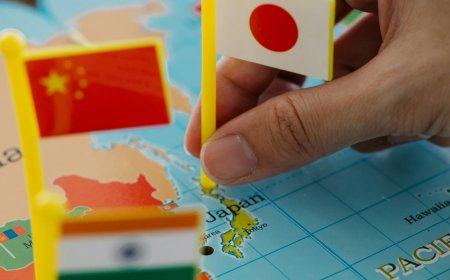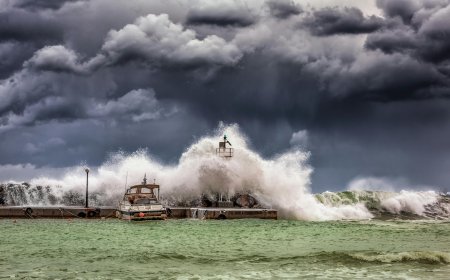Political Leaders Who Shaped Nations
Explore the world’s most influential political leaders whose vision, courage, and decisions shaped nations and changed the course of history.

Throughout history, visionary political leaders have steered their countries through crises, reforms, and revolutions. Their decisions shaped borders, laws, economies, and societies.
From revolutionary thinkers to modern statesmen, these leaders demonstrate how political vision, courage, and resilience can leave a lasting impact on the world.
George Washington: Founding Father of the United States
George Washington (1732–1799) led the American colonies to independence and became the first president of the United States. His leadership established critical precedents for governance, emphasizing democracy, civic virtue, and peaceful transitions of power.
Washington’s influence continues to define American political principles and leadership ideals.
Abraham Lincoln: Preserver of the Union
Abraham Lincoln (1809–1865) guided the United States through the Civil War, abolished slavery, and strengthened national unity. His Emancipation Proclamation and speeches such as the Gettysburg Address exemplify moral leadership and political courage.
Lincoln’s legacy demonstrates how ethical decision-making can shape both domestic and global history.

Winston Churchill: Britain’s Wartime Leader
During World War II, Winston Churchill (1874–1965) became the symbol of British resilience. His speeches and strategies inspired a nation under siege and reinforced the importance of steadfast leadership in times of crisis.
Churchill’s vision and determination influenced international alliances and the post-war global order.
Nelson Mandela: Champion of Equality
Nelson Mandela (1918–2013) led South Africa out of apartheid, promoting reconciliation, justice, and equality. As president, Mandela focused on national healing, demonstrating that leadership can combine strength with empathy and moral vision.
Mandela’s life remains a powerful example of how political courage can transform society and inspire generations.
Mahatma Gandhi: Leader Through Nonviolence
While not a traditional political officeholder, Mahatma Gandhi (1869–1948) profoundly shaped India’s independence movement through nonviolent resistance. His philosophy of Satyagraha influenced civil rights movements worldwide, showing that leadership can be rooted in moral authority rather than coercion.
Gandhi’s approach demonstrates the enduring power of principled political leadership.
Angela Merkel: Modern European Leadership
Angela Merkel, Germany’s first female chancellor, navigated her country through economic crises, migration challenges, and global diplomacy. Merkel’s pragmatic, steady, and consensus-driven approach exemplifies modern political leadership in a complex world.
Her influence extended across Europe, shaping EU policy and inspiring leaders globally.

Why Political Leaders Matter
Political leaders define the trajectory of nations. From Washington to Mandela, their vision, decisions, and moral courage influence societies, economies, and global relations.
Studying their successes and challenges offers lessons in leadership, ethics, and the power of strategic decision-making.
FAQs
Q1: Who was the first president of the United States?
A1: George Washington served as the first president and set foundational governance precedents.
Q2: What did Abraham Lincoln achieve?
A2: Lincoln preserved the Union during the Civil War and abolished slavery in the U.S.
Q3: How did Winston Churchill influence World War II?
A3: Churchill inspired Britain with speeches, strategic leadership, and alliance-building.
Q4: What is Nelson Mandela known for?
A4: Mandela led South Africa out of apartheid and promoted reconciliation and equality.
Q5: How did Mahatma Gandhi shape India’s independence?
A5: Gandhi led nonviolent resistance against British rule, inspiring civil rights movements worldwide.
What's Your Reaction?
 Like
0
Like
0
 Dislike
0
Dislike
0
 Love
0
Love
0
 Funny
0
Funny
0
 Angry
0
Angry
0
 Sad
0
Sad
0
 Wow
0
Wow
0




































































